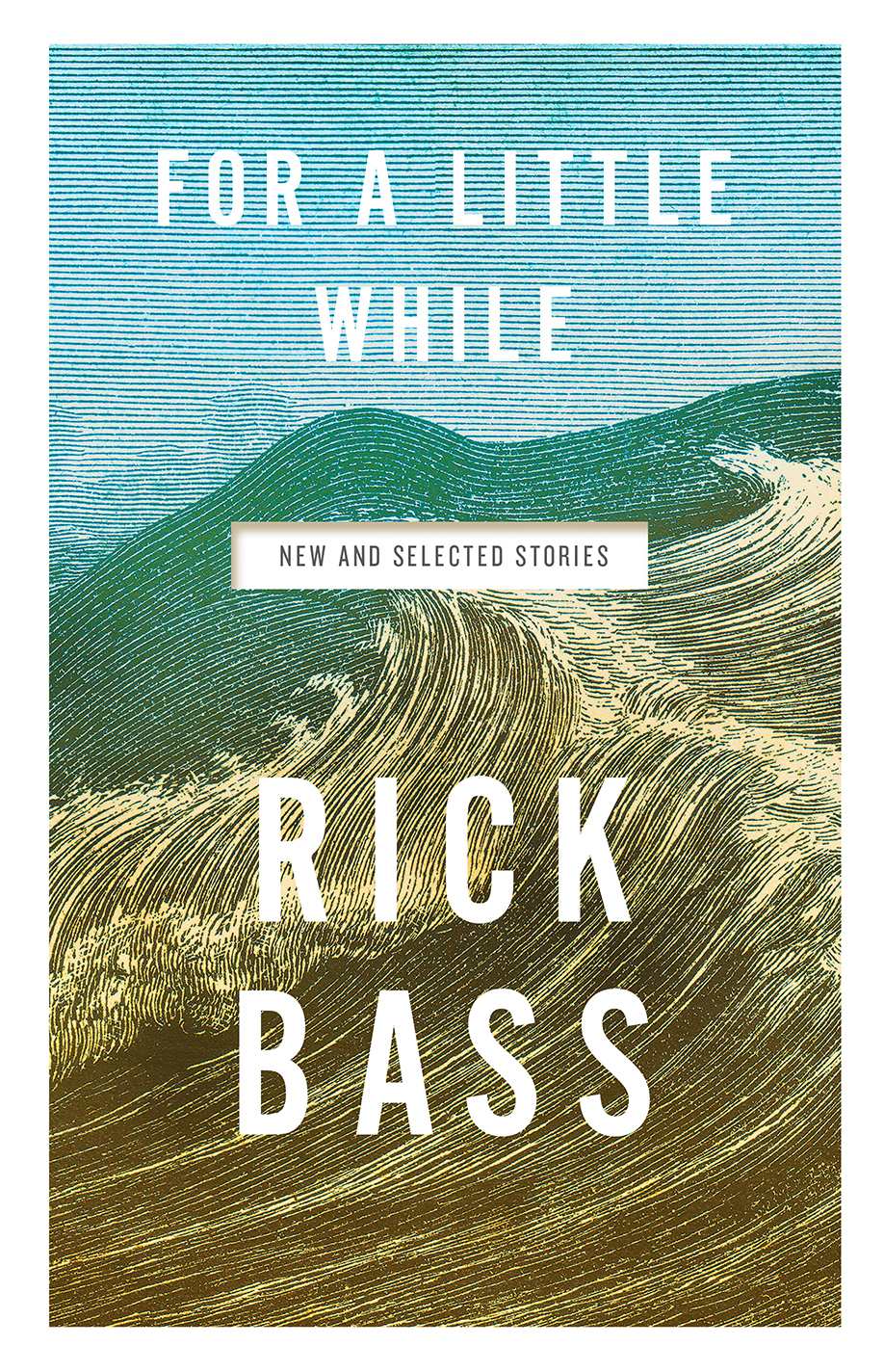What do you think?
Rate this book


480 pages, Hardcover
First published March 1, 2016
Rick Bass’ fiction has received O. Henry Awards, numerous Pushcart Prizes, awards from the Texas Institute of Letters (in fiction, creative nonfiction, and journalism categories), fellowships from the National Endowment for the Arts, the Guggenheim Foundation, the Lyndhurst Foundation, the Mississippi Institute of Arts and Letters, a Mountains and Plains Booksellers Award, nominations for Pacific Northwest Booksellers Awards, and a Pen/Nelson Algren Special Citation, which was judged by Robert Penn Warren, and a General Electric Younger Writer’s Award. He has had numerous stories anthologized in Best American Short Stories: The Year’s Best. The Wild Marsh: Four Seasons At Home in Montana (Houghton Mifflin/Harcourt), a book about fathering daughters in the wilderness, has been excerpted in O, The Oprah Magazine. His nonfiction has been anthologized in Best American Spiritual Writing, Best Spiritual Writing, and Best American Travel Writing, and Best American Science Writing.Various of his books have been named New York Times as well as Los Angeles Times Notable Books of the Year, and a New York Times Best Book of the Year. A collection of short fiction, The Hermit’s Story, was named a Los Angeles Times Best Book of the Year, and another collection, The Lives of Rocks, was a finalist for the prestigious Story Prize, as well as a Best Book of the Year by the Rocky Mountain News. His most recent nonfiction book, Why I Came West, was a finalist for a National Book Critics Circle Award. He is the recipient of a 2011 Montana Arts Council Artist’s Innovation Award.
Elizabeth and I put fireflies in empty mayonnaise jars, screw the lids on tight, and punch holes in the tops. We decorate our porch with them at night, or we line the bed with them, and then laugh as we love, with their blinking green bellies going on and off like soft, harmless firecrackers, as if they are applauding.
He got better, of course—learned his craft better—learned it well, in time. No one was hurt. But there is still a clumsiness in his heart, in all of their hearts—the echo and memory of it—that is not too distant. They’re all just fuckups, like anyone else, even in their uniforms: even in their fire-resistant gear. You can bet that any one of them who comes to rescue you or your home has problems that are at least as large as yours. You can count on that. There are no real rescuers.
the summer storm moved in and thundered across and past, like the nighttime passage of some huge herd of animals above.
Remembering these things, a grown woman now woven of losses and gains, Jyl sometimes looks down at her body and considers the mix of things: the elk becoming her, as she ate it, and becoming Ralph and Bruce, as they ate it (did this make them somehow, distantly, like brothers and sister, or uncles and niece, if not fathers and daughter?)—and the two old men becoming the soil then, in their burial, as had her father, becoming as still and silent as stone, except for the worms that writhed now in their chests, and her own tenuous memories of them. And her own gone-away father, worm food, elk food: but how he had loved it. Mountains in her heart now, and antlers, and mountain lions and sunrises and huge forests of pine and spruce and tamarack, and elk, all uncontrollable. She likes to think now that each day she moves farther away from him, she is also moving closer to him.
for every mysterious curve of the land, there is a similar shape in the human heart; and because of this, no one ever needed to feel he was alone.